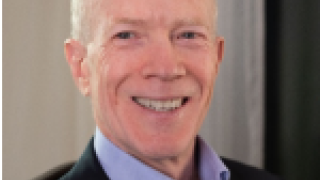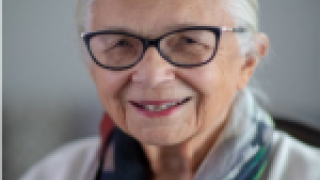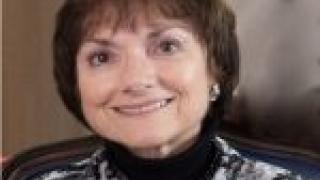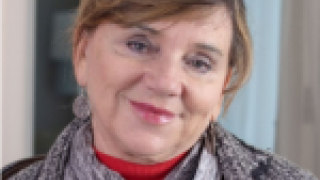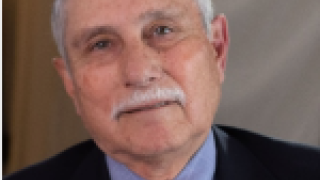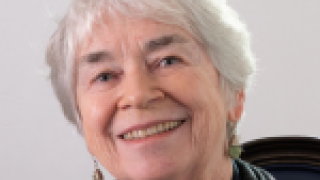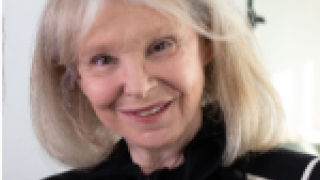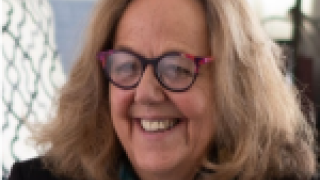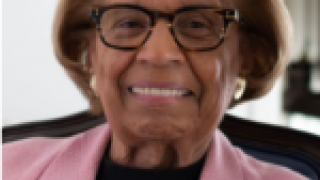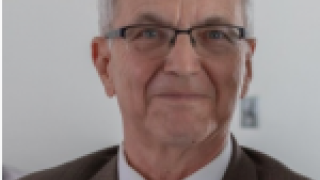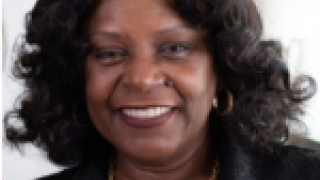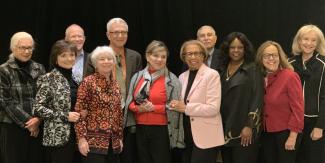
CEELO Legacy 2030
About Legacy 2030
What is the goal of the project?
Legacy 2030 captures the voices and experiences of those charged with developing, informing, and/or implementing state early education policy – state early childhood specialists in state departments of education or state child-serving agencies – and those who have influenced development of state early education policy, such as long-time national leaders and researchers – pioneers of our field.
Legacy 2030 documents an early education legacy by looking back to understand the history and context of today’s policy initiatives and challenges and looking ahead to develop strategies for continued progress. The project identifies the pressing policy issues that could make a significant difference in child outcomes and explores solutions from diverse viewpoints among leaders who have shaped the early childhood education field from the early 1980s to the present.
The project is designed to inform policy decisions for children, birth to third grade, over the coming decade (2020–2030). We want to see where we’ve been, figure out what works, and then set a course for where we should be headed.
Pioneers in Early Childhood Education

From left-to-right: Barbara Bowman, Sue Bredekamp, W. Steven Barnett, Marilou Hyson, Larry Schweinhart, Linda Espinosa, Evelyn Moore, Eugene Garcia, Valora Washington, Joan Lombardi, Sharon Lynn Kagan
In February 2019, CEELO convened the above group of Pioneers in Early Childhood Education (see bios below) for a round-table discussion and individual video interviews. This video series will capture the wisdom of leaders who have shaped the early childhood education field. Videos will be appropriate for a wide audience, providing another helpful resource for policy advocacy, professional development and public relations outreach.
Amplifying State Policy Specialists Voices
What do state early childhood specialists think are the most important policy issues in the coming decade, looking to 2030? What do they need to achieve these goals for children?
State early childhood education agency staff are responsible for implementing policies and collaborating with other stakeholders to meet the needs of all young children in their states; yet, no one has adequately documented the voice, experience and perspectives of these individuals so that challenges and constraints of implementing state early childhood policy can inform stakeholders.
Why capture the voice of state early childhood specialists?
Early childhood specialists have first-hand knowledge of state policies and administrative processes that are working (or not working) to support early learning and development; how context, policies, administrative structures, and communication channels impact the state agency’s work with districts and local communities implementing early childhood programs, and barriers to achieving state goals around transitioning to school.
Why is this project important?
Too many children still lack access to high-quality early learning experiences, resulting in inequitable opportunities to succeed in school and life. State early childhood specialists are responsible for implementing policies and collaborating with other stakeholders to meet the needs of all young children in their state. The perspectives of current and former early childhood specialists could provide a wellspring of knowledge from sharing their deep understanding of the challenges and constraints of implementing state policy in a compelling and accessible format, which can lead to change in the design and implementation of policies to improve outcomes for all children.
What was our research approach?
CEELO contracted with The Policy Equity Group to conduct focus groups and a national survey of state early childhood specialists. With this background, CEELO, together with our National Advisory Group, produced the following:
- The Views of State Early Childhood Education Agency Staff on Their Work and Their Vision for Young Children: Informing a Legacy for Young Children by 2030
- Executive Summary – The Views of State Early Childhood Education Agency Staff on Their Work and Their Vision for Young Children: Informing a Legacy for Young Children by 2030
